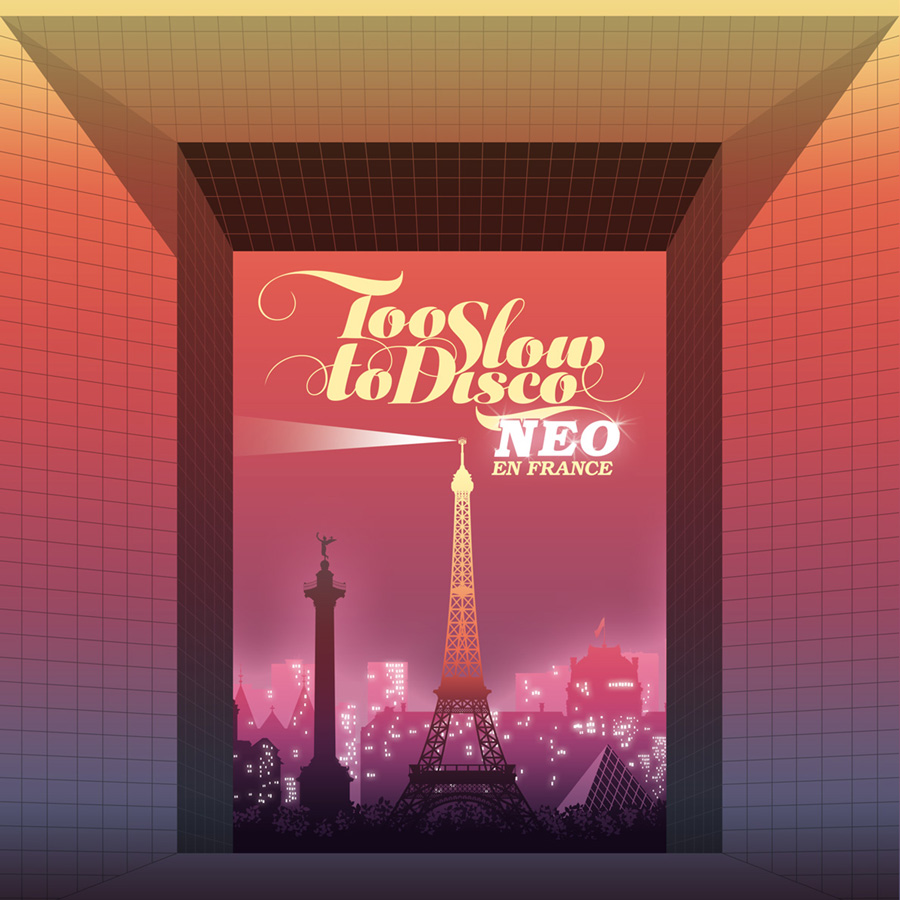»The mood in America was flat. 1974 began with lines at gas stations, Patty Hearst was kidnapped, Watergate scandal. In America’s inner cities, drugs and crime grew to unprecedented level. The Sixties were finally over. Most of the 60s superstars had grown 30.«
(Barney Hoskyns: »Hotel California: Singer-songwriters and Cocaine Cowboys in the L.A. Canyons 1967-1976«)
They might not all hail directly from LA, but for the acts assembled here the West Coast sound is their mantra – »keep it soft, make it melodic, keep it smooth«. They share a gently voiced commitment to soundtrack that gorgeous headland as your convertible sweeps down the Pacific coast highway. Sure hits the spot.
Forget, for a moment, the hippies and the cult murders, this is California as land of plenty – from sun-bleached beaches to orchards, mountains and easy driving. And yes, plenty of … excess. A city of madness, big shiny egos, motivation from mountains of marching powder. A city of falling angels that birthed the Me! Me! Me! Generation. But the upside of that self-absorption is in the slinky sophistication of many of these songs. It’s this glorious »delusion of grandeur«, now quite hard to imagine, that renders the music that’s left so damn exciting and special.
This is America, so of course the other thing you can hear is ambition. These were supremely confident musicians, who thought BIG, without limitations, embraced the absolute certainty of arena-rockin’ through their careers. We’re talking about the glory days for the record industry too; you want a string section? Use a frickin’ orchestra man, we got budget. It’s kind of a sad cultural joke that at the time this music was often labelled »M.O.R.« (middle of the road), given the epic scale these guys were recording at. Bands today look up from their tiny laptop studios and whistle quietly with envy at the whole damn production.
And yes, you can also hear the clash of egos, as most of the big 70s bands consisted of many outstandingly capable songwriters battling with each other for supremacy in the studio. This resulted in glorious, soaring, complex albums, and not a few court cases or divorces along the way. But then creative
destruction never sounded so, well, smooth.
In the mid-late 70s perhaps the most interesting development was the moment where the troubadour singer/songwriters and counterculture hippies discovered their »groove«. Opinionated and political folkies were giving way to something less cerebral. Motown and Staxx had exploded, black music from funk to jazz and African music had injected some much needed movement around the hips. Suddenly bands were embracing horns, gospel organ, complex percussion, banks of vocal harmonies, and together they all conspire to define this new »big and wide« sound.
Looking back, the potency of that period becomes even more evident when you realise that many of these artists, although not always successful with their own early work, have later become an important part of music-history, writing million-sellers for big stars even today. Jon Lind from White Horse co-wrote »Boogie Wonderland« and Madonna’s »Crazy for you«, as well as becoming the Head of A & R for Disney’s Hollywood Records (bringing us Timberlake, Britney, Miley …). The twins from Alessi Brothers released 5 albums and later wrote million sellers for bands like Paul McCartney, Frankie Valli, Richie Havens, Olivia Newton John, and Christopher Cross. Richard Page from The Pages became Mr. Mister and gave us the epic »Broken wings«, Micky Denne (Denne and Gold) wrote Delegation’s hit »You to me are everything«. Tony Joe White wrote tracks for Elvis Presley, Tina Turner, and Brook Benton.
There’s something beautifully telling about the way FM radio DJs would call it »adult-orientated« music. Guy, you’ve made it, you’ve got the suit, the car, the beautiful wife … now put on some quality adult-orientated tunes, you deserve it dude. For ourselves, we could reach for countless adjectives … silky, jazzy, sophisticated, soft rock disco, »Yacht rock« (can you guess why?), vanilla funk, country-tinged blue eyed soul … But really, for us it’s quicker just to say we love it, and we hope you do too.







